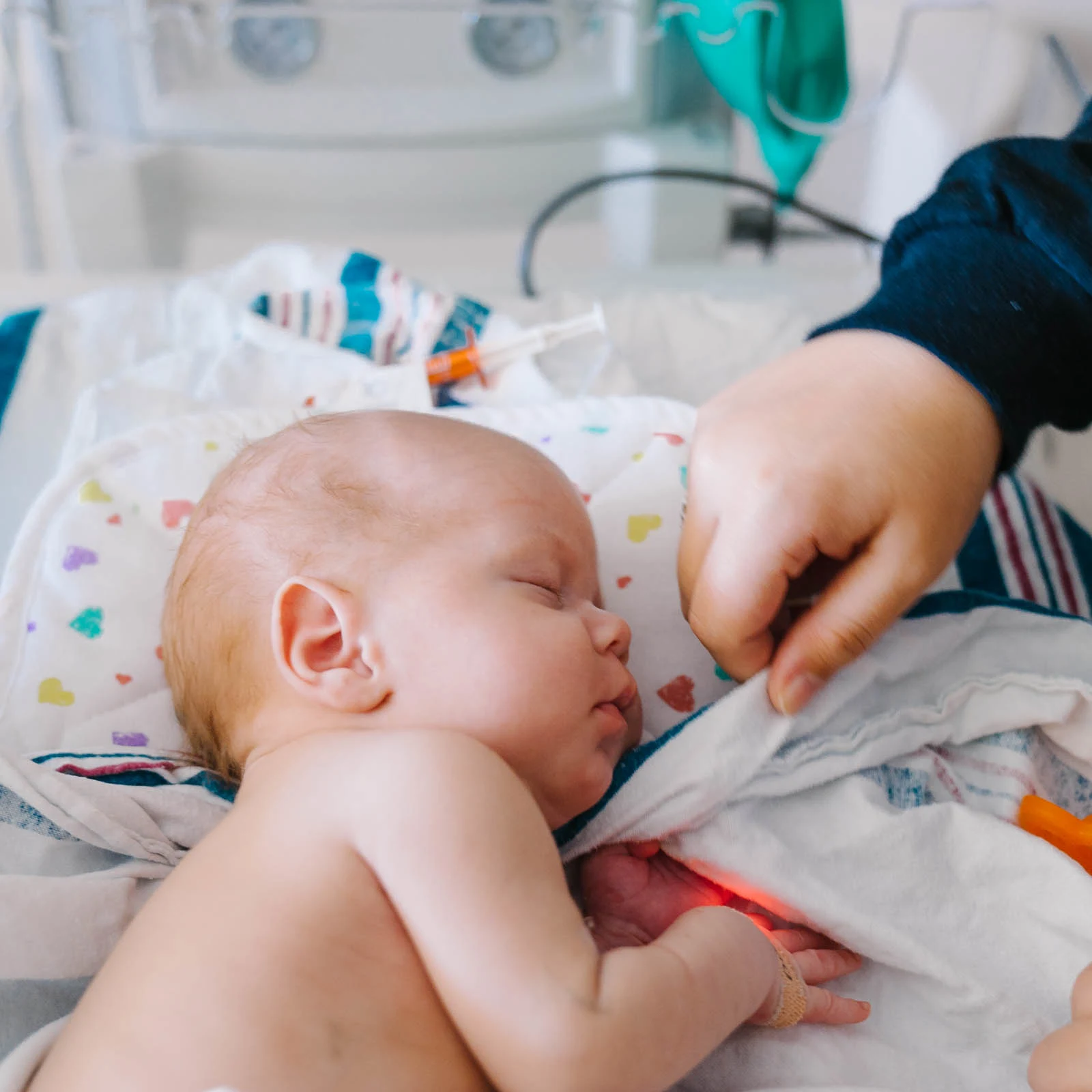- Home
- Supporting Services
- Nicu Parent Guide

NICU Parent Guide
When an infant needs specialized, intensive care, it can be stressful for parents who weren’t expecting such an abrupt detour. Feeling anxious about your little one’s well-being is natural, but what you don’t need to worry about is the quality of care he or she will receive in either of our Neonatal Intensive Care Unit (NICUs). Your infant is in good hands.
We're Here for You
Our team of dedicated specialists provides the most critically ill newborns with life-saving care in a state-of-the-art environment. Be assured that our experienced and compassionate neonatal nursing professionals are available any time to help care for your infant and help you learn and understand your infant’s special needs.
Soothing, Family-Friendly Care
Our NICUs are friendly and intimate, which is perfect for frequent family visits. Infants are placed in beds that meet their developmental and specialized needs. Low lighting and reduced noise levels offer an additional feeling of comfort and safety, which is important in your infant’s healing process.
Parents are Part of the Team
NICU parents and guardians are essential members of the healthcare team, and we encourage you to be with your infant as much as possible. Our Critical Care Tower was built to accommodate your needs as well as your baby's. Our patient- and family-centered care philosophy ensures that a partnership develops between patients, families and the health care team, with the common goal of enhancing quality of care, better outcomes, safety and satisfaction.
Related Information

